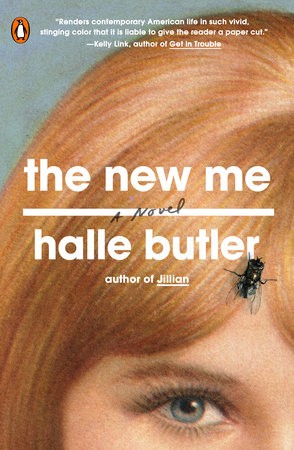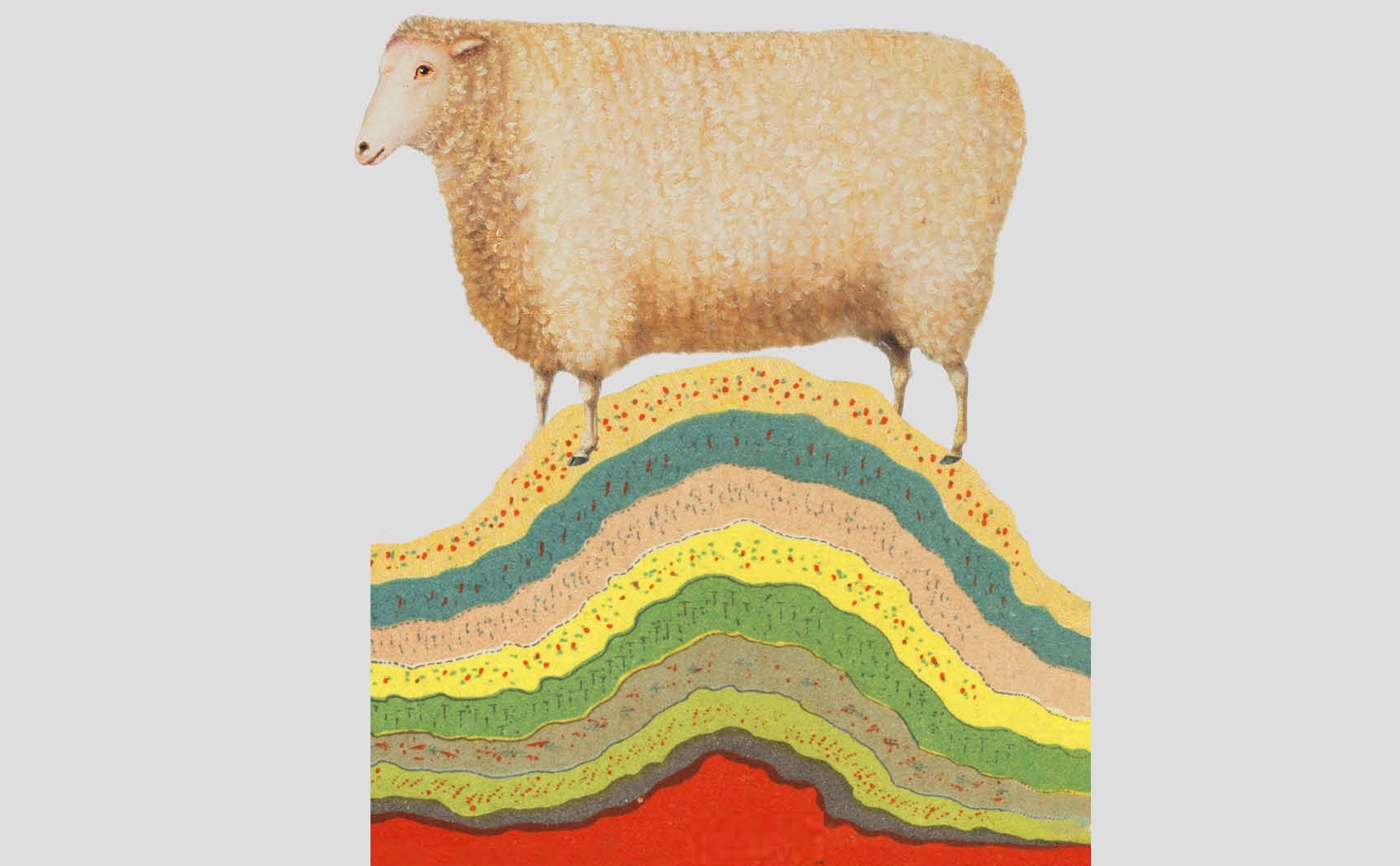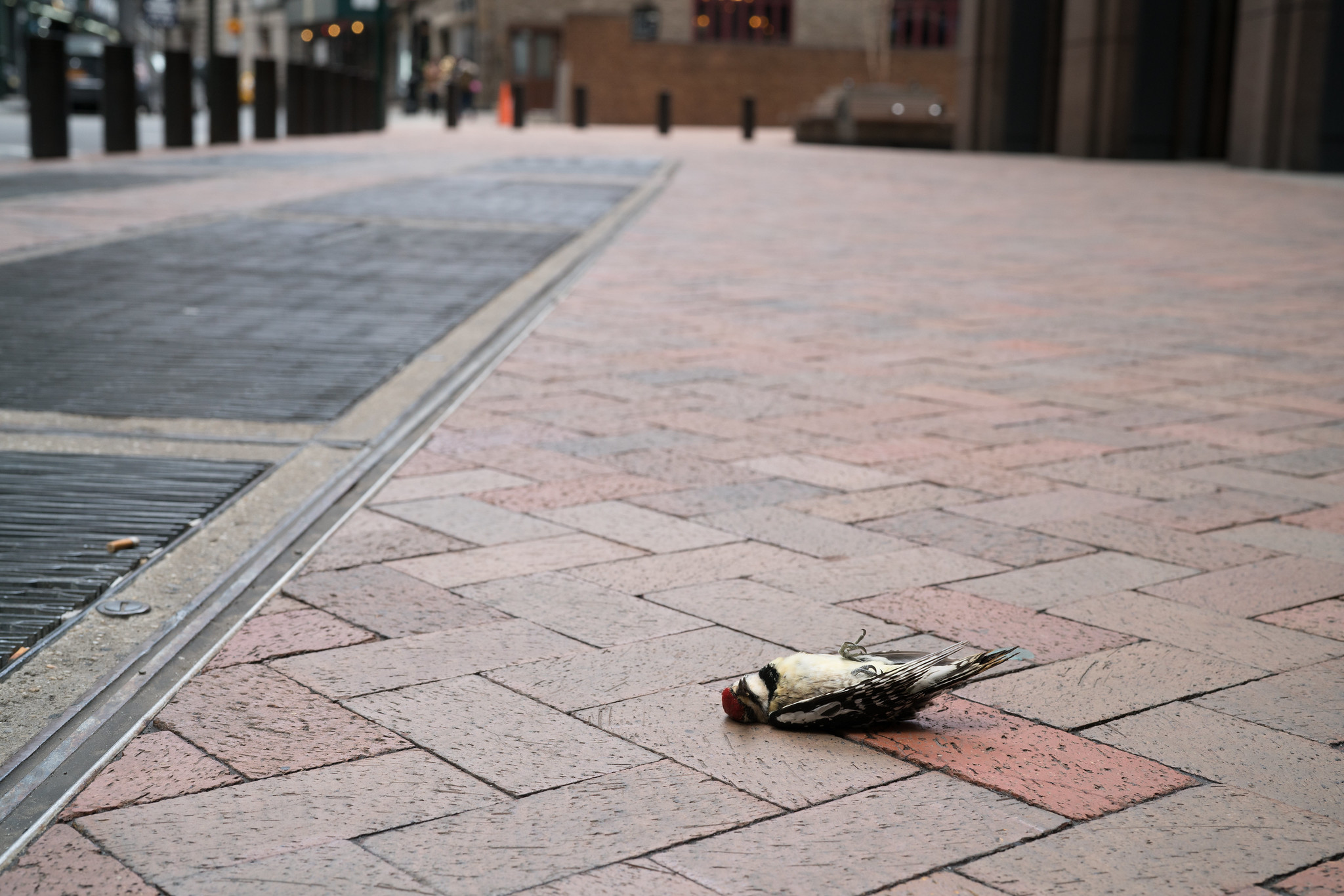Interviews
“The New Me” Explores the Anxiety of a Life Defined by A 9–5 Office Job
Michael J Seidlinger talks to Halle Butler about temping and constructing a false self to survive corporate culture

The first time I crossed paths with Halle Butler’s work, it took the form of an unassuming bound galley amid dozens of other bound galleys. Back then I was a jaded book editor desperate for something to rouse me from the never-ending drawl of contemporary fiction. The galley was Jillian, a book that would become a favorite of the year for countless literary publications.
Jillian captured the complexities of anger and jealousy, disgruntlement and disgust so pristinely, you can’t help but be rapt, laughing along as Butler described social situations and conflicts so familiar can’t help but feel seen. At times, it’s cringe-inducing, at other times, you can’t help but hug the book and cry. She’s that good.
Her latest book, The New Me, increases the volume, ratcheting the drama and feels to max capacity. Thirty-year-old Millie works a temp job and is languishing until the prospect of full-time employment becomes a reality and with it the terrors of a life becoming built and defined by your job.
I spoke with Halle Butler about temping, office politics, the nuances of self-identification, the end of the world, and more.
Michael J Seidlinger: The New Me is such a well-rendered novel, I can’t help but open with craft question: Did you go into the novel with a clear idea or was it vague, growing into it over time?
Halle Butler: I feel like it was pretty clear. I knew it would be about someone getting all worked up about a potential job offer for a job they didn’t want. I think I googled “dramatic irony” and was like “ah yes, and the audience will know it’s not going to work” and then nodded slowly and felt like a genius for a few days. But then, of course, the smaller stuff, the details, grew over time, as usual. The narrator felt pretty clear from the top, but also changed slightly over time.
MJS: The novel is a testament to the countless ways we adapt to our current life situation, leading to wondering about the variations of self, or personas, we create in order to navigate society. Do you think we really need personas in order to survive (and, gulp, thrive) in society?
HB: On a really practical level, I can’t really “be myself” as a secretary, so I have to construct a false self, a kind of “Yeah, I can do that! Thanks, no problem!” self just so I don’t get into any trouble. “You’ve reached the investment bank; how may I direct your call?” self. A “Oh, I’d love to collate these files!” self. The “real me” is sitting inside, watching and criticizing everything. This can lead to what one might call “snapping” — which might be why offices are so passive-aggressive.
I can’t really ‘be myself’ as a secretary, so I have to construct a false self, a kind of ‘Yeah, I can do that! Thanks, no problem!’ self.
But on the other hand, I’m in a situation where I’m really supposed to be myself — at a party, or at a reading, or when I’m meeting someone new in a non-professional context — I catch myself doing a performance of myself based on what self-characteristics I value, and what behaviors have amused or impressed people before, basically “who I would like to be,” and when I catch myself doing that, it feels super weird. It’s me, but it’s also not. It is and isn’t conscious, is and isn’t in my control.
I’m a different person in the morning than I am at night, when I’m hungry and when I’m not, when I feel rejected and when I feel included, etc. These things might be boiled down to “mood,” but it’s important to understand mood and personality can be the same thing.
MJS: How many personas do you think it takes to be a functional person?
HB: Hundreds.
MJS: Really wish we could just be ourselves all the time. If that were true, how long do you think it would take before society would crumble?
HB: I feel like there’s no “one me.” If I could have been myself at the office (or if I could have been relaxed, maybe), I would have been so much happier. If I hadn’t been afraid of getting fired, I would have been able to joke around and make some work-friends. I wouldn’t have felt so tense and isolated and paranoid. Yeah, I wish people could be themselves all the time, too. I think society would be fine.
If I could have been myself at the office, I would have been so much happier. I wish people could be themselves all the time.
MJS: Early on in the novel, our narrator recreates an artist, Tom Jordan, in her mind, envisioning in vivid detail various menial details like buying underwear. It’s an intricate and utterly real act of debasing the very person and/or thing that caused us irritation and harm. Everyone does it and it’s such a release — why do you think it’s so therapeutic to play up a fantasy of someone’s failing?
HB: It’s very “I know you are, but what am I?” It restores the balance. When people used to tailgate me or cut me off in traffic, I’d get really mad (like everyone) and shout like “WHAT ARE YOU DOING??” and call them assholes or whatever came to mind, but it didn’t make me feel better. But then one day I just shrugged and said in a weird crazy baby voice “I guess he just has to poop!” It came out of nowhere, but it was really funny to me to try to humiliate this person for my own amusement. You can deflect when people are being mean to you. And, also, I’ve heard that you get the same kinds of chemical sensations when you’re thinking about something as when you’re experiencing it, so maybe fantasizing about someone’s inadequacy is a healthy(ish? healthyish?) outlet for anger. There are a ton of different answers for this question. I picked this one randomly.
MJS: Let’s talk routines — they’re made to keep people productive but sometimes they restrict people. Do you feel routines become their own restriction?
HB: I think structure is important. When you have structure for your day, you don’t have to worry about what you’re going to do. You can just do what you’re doing. But, of course, it depends on what you’re doing. When I was temping, I would have this really creepy feeling every morning where I was really aware of my mortality — like, “okie dokie, here we go again until I die!” That was awful. But when I think about my best, happiest times, many of them involve the routine of morning coffee, reading at night, making dinner, spending a few hours on a project, those kinds of routines.
When I was temping, I would have this really creepy feeling every morning where I was really aware of my mortality — like, ‘okie dokie, here we go again until I die!’
MJS: Real talk: The very existence of temp agencies is insane right? It’s become so convoluted that we need agencies to promote the very existence of a job opportunity.
HB: Temp agencies are totally nuts. You can’t get sick! If you stop responding to the temp agency even for a week, they stop contacting you because you’re unreliable. I had to work a conference on crutches once, it was wonderfully debasing.
MJS: Do you think we’re becoming robots — conditioned to be autonomous, performing tasks that pay us enough to continue doing those tasks?
HB: Yes. No. I don’t know. I have this paranoia about school — like K-12 — that it trains you to crave approval for being “right” more than it teaches you how to think deeply. You get the A, you get the dopamine, everybody tells you you’re doing the right thing, you continue to do what you think people want you to do, etc, so even smart people get addicted to conforming. What a waste! But this is just a guess/paranoia. I’m sure there’s tons of cultural conditioning going on almost everywhere, but I’m no sociologist, so I’d have to google stuff to back this up.
MJS: If Hell were the end of the world, what would your end of the world look like?
HB: I don’t really have grand apocalyptic fantasies — I never really went to church, maybe that’s part of it. You’re not the first person to ask me this, but I just don’t know. I’m just picturing these kitschy dinosaur ViewMaster things I used to look at as a kid. It’s too campy to be really scary. I’m afraid of confinement.









